Blocking of chip exports could backfire: scientist
Updated: 2015-04-10 05:36
By PAUL WELITZKIN in New York(China Daily USA)
|
||||||||
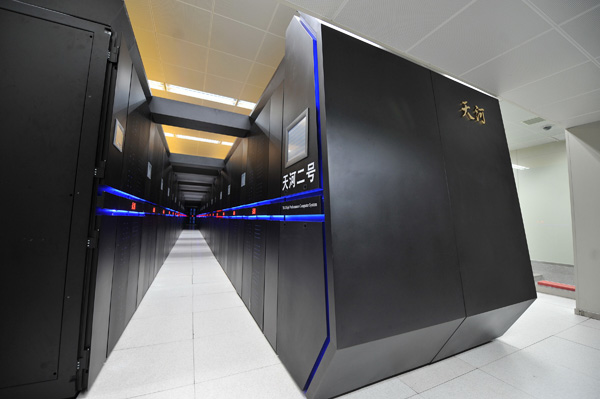 |
|
US officials are blocking technology exports for China's Tainhe-2 super computer (above). XINHUA |
As US officials move to block the export of technology upgrades for China's Tianhe-2 super computer, the question arises of whether the action will spur China's chipmaking industry and inhibit sales for US companies.
Supercomputers like the Tianhe-2 provide simulation for research into major issues such as climate studies. They are powered by microprocessor chips from Intel Corp, based in California.
A report in The Wall Street Journal said four technical centers in China associated with China's massive computer were placed on a US government list of entities determined to be acting contrary to US national security or foreign-policy interests.
The Tianhe-2 and the earlier Tianhe-1A are both "believed to be used in nuclear explosive activities", according to a notice posted by the US Commerce Department on Feb 18.
"China has been pushing the development of its own chip industry, and this is likely to accelerate their effort," Horst Simon, deputy director of the Lawrence Berkeley National Laboratory in Berkeley, California, told China Daily on Thursday. "With the exception of the Intel chips, the rest of the Tianhe-2's technology was developed domestically."
Simon said the action from the Commerce Department is unusual, but he believes it came after a thorough review. "They have to balance commercial (interests) with national security, and I don't think Commerce would have made this decision unless they believed there are some serious national security concerns," he said.
"Export control has been a high priority for the national security agencies for years – and computer-related exports are a matter of heightened concern," lawyer Christopher Brewster of Stroock & Stroock & Lavan LLP's Washington office wrote in an email to China Daily.
The four Chinese entities placed on the list are among 11 named on Feb 18, including four in Pakistan and three in the United Arab Emirates.
"Accordingly, a license requirement has been imposed for the four Chinese entities on all exports of US products — and all exports from the US — notably, with a case-by-case US government review. Exports to the other seven entities also are subject to a license requirement, but with a policy of presumptive denial.
The notice does not establish a standard of presumptive denial for the Chinese entities, although we can be certain that all license applications will get rigorous review, and some may be denied," Brewster and Schmidt said.
Simon said the Chinese have an alternative and could seek to purchase chips developed by British-based ARM Holdings. "They are very popular in Europe," he added.
Simon believes the decision will have a short- and long-term effect. "In the short term, Intel is losing out on a tremendous business opportunity. As for the long term, this may make it harder for US companies in the future, as some will wonder if US suppliers are less reliable because they have an additional hurdle to overcome."
This latest incident comes amid heightened tensions between Beijing and Washington over technology issues. It's a dispute that has seen the usual disagreements like trade protectionism take a backseat to national security and espionage worries.
Earlier this year, China imposed new rules for banking technology in which American technology companies would have to submit to audits and create back doors into hardware and software functions. The Chinese say the rules are needed to ensure state and business security. Other proposed regulations in China, like an anti-terror law that is still being crafted, may force tech firms to hand over encryption pass codes that help protect data to the Chinese government.
The Chinese government said the proposals are needed to protect the country in the wake of the spying revelations made public by Edward Snowden, the former US National Security Agency intelligence contractor.
US companies and some in the American government believe that China isn't really concerned with possible spying; instead, the country is trying to protect domestic firms from US competitors, they say.
Last November, the Tianhe-2, a supercomputer developed by China's National University of Defense Technology, was named the world's top supercomputer for the fourth consecutive time by the TOP500 organization.
paulwelitzkin@chinadailyusa.com
- Obama, Castro hold historic meeting, vow to turn the page
- Washington's trick of 'thief crying stop thief' on South China Sea
- Evacuation from Yemen ending as situation deteriorates
- Burnaby signs 'art' bridge
- Bird flu outbreaks reported in two Mexican states
- Failed developer shoots dead 3, injuries 2 at Milan courthouse
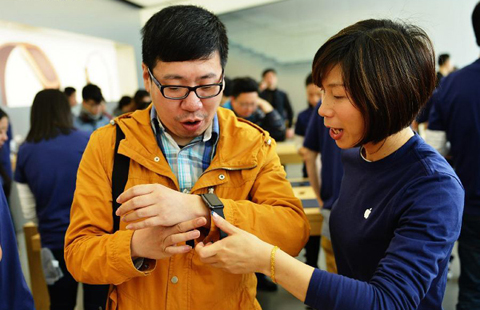
 Apple Watch makes debut in China's Hangzhou
Apple Watch makes debut in China's Hangzhou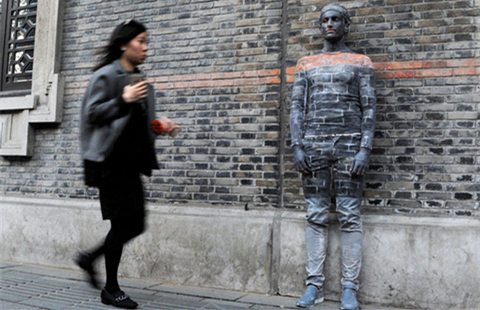
 Urban chameleon blends into background
Urban chameleon blends into background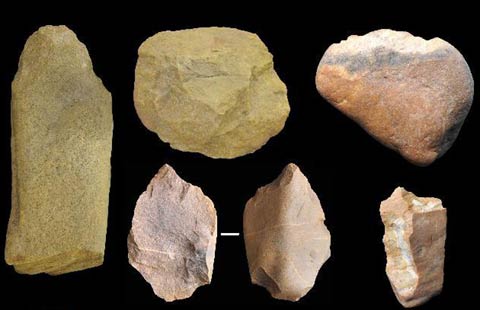
 Highlights of top 10 archeological finds in 2014
Highlights of top 10 archeological finds in 2014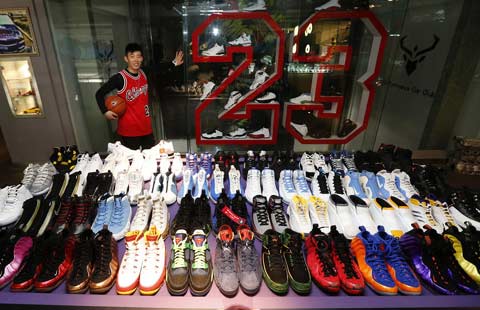
 Jordan super fan shows off collection
Jordan super fan shows off collection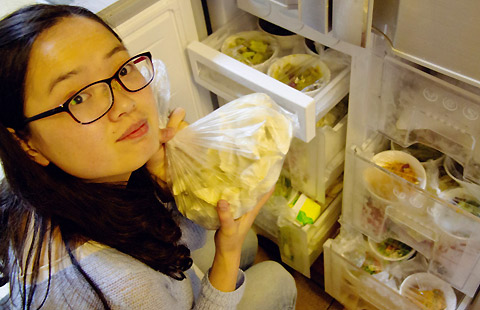
 A soldier husband's labor of love
A soldier husband's labor of love
 Chinese farmers plough their lands for spring
Chinese farmers plough their lands for spring
 Tibetans' viral wedding photos contrast city with country life
Tibetans' viral wedding photos contrast city with country life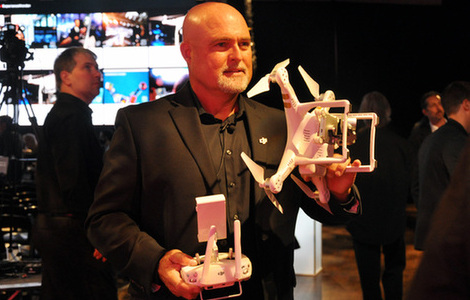
 Across America over the week (from April 3 to 9)
Across America over the week (from April 3 to 9)
Most Viewed
Editor's Picks

|

|

|

|

|

|
Today's Top News
US backs China's campaign to hunt down fugitives
Obama, Castro hold historic meeting, vow to turn the page
Consulate general praises C-100 on 25th anniversary
Reform, innovation key to boost demand, growth: Li
Washington's trick of 'thief crying stop thief' on South China Sea
CreditEase, US firm team up
US, Cuba hold highest-level talks since 1961
Celebrating a relationship
US Weekly

|

|







